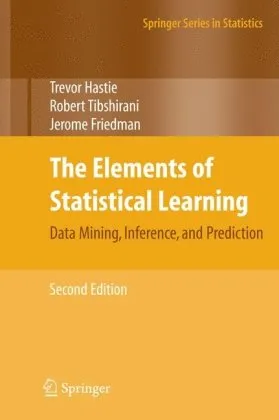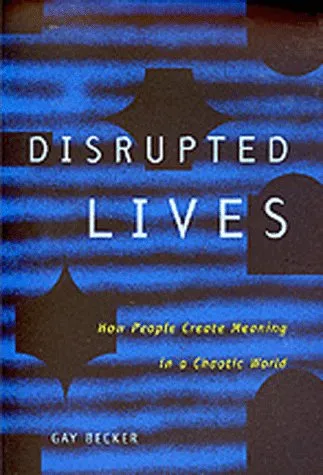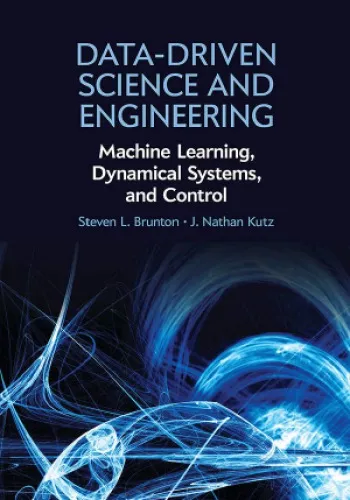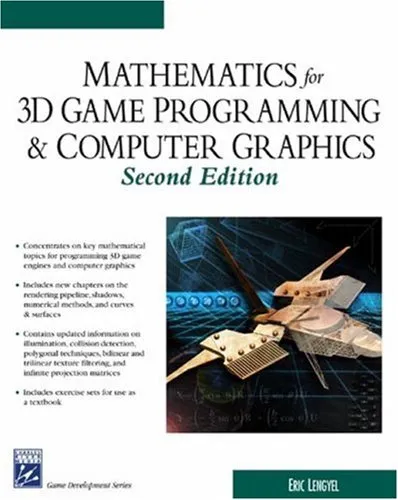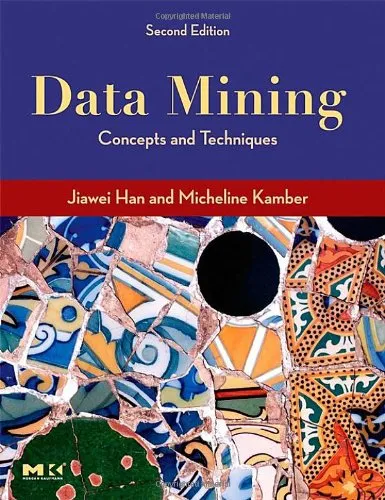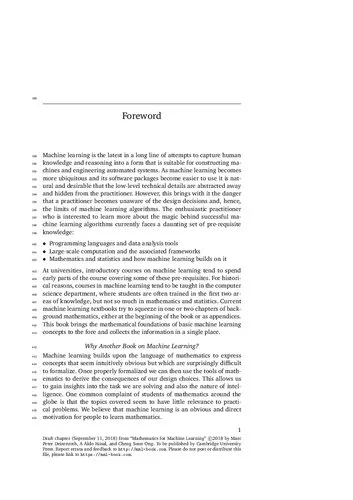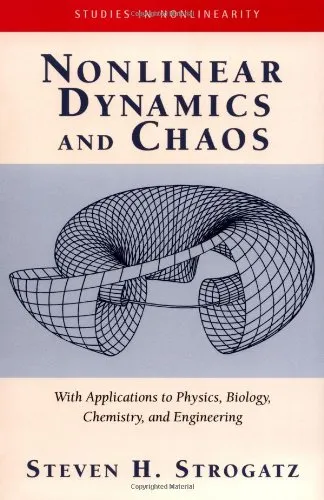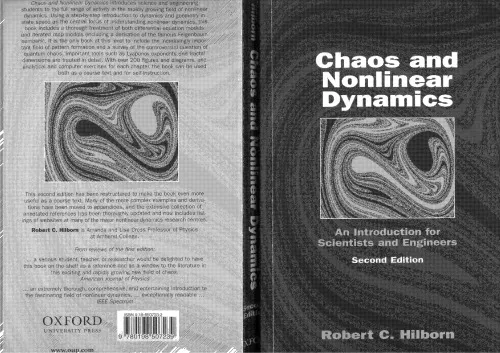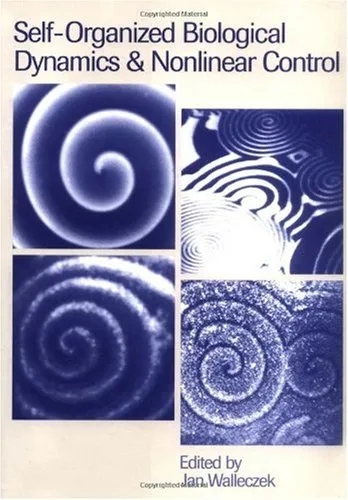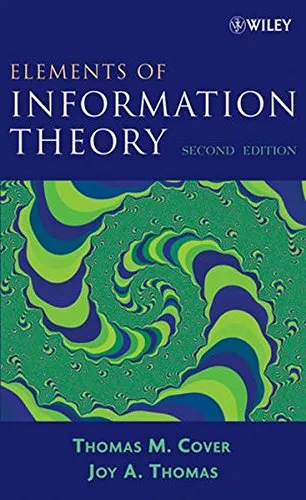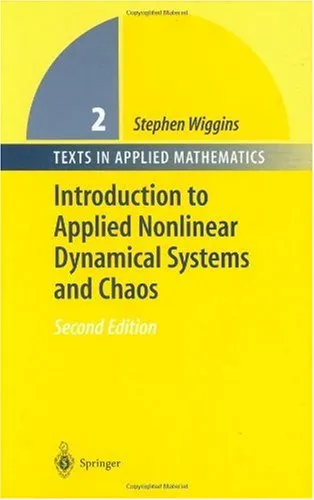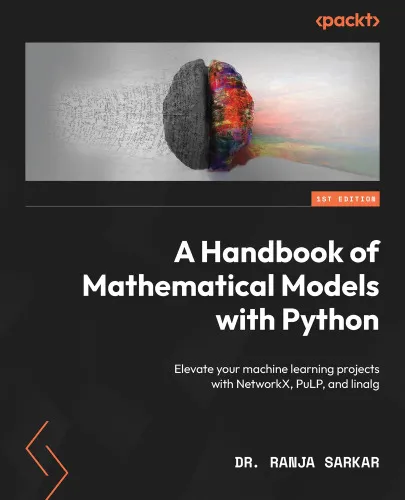Chaos: making a new science
4.5
Reviews from our users

You Can Ask your questions from this book's AI after Login
Each download or ask from book AI costs 2 points. To earn more free points, please visit the Points Guide Page and complete some valuable actions.Related Refrences:
Introduction to Chaos: Making a New Science
James Gleick's "Chaos: Making a New Science" is a groundbreaking exploration into the fascinating world of chaos theory, an area of physics and mathematics that challenges traditional understandings of order and predictability. By delving into the lives and works of some of the most innovative thinkers of the 20th century, Gleick unfolds a narrative that not only tracks the evolution of a new field of science but also reshapes our perception of the universe.
Detailed Summary of the Book
In "Chaos: Making a New Science," Gleick embarks on an intriguing journey through the origins and development of chaos theory. He begins by demystifying the concept that seemingly random systems are actually governed by underlying patterns of order. From the turbulent motions of weather patterns to the intricate dance of biological systems, chaos theory provides insights into complex systems that defy linear predictability.
The book introduces readers to pioneers such as Edward Lorenz, whose work on weather models led to the understanding that small changes in initial conditions can result in vastly different outcomes—popularly illustrated by the notion of the 'butterfly effect.' Gleick further explores contributions from other seminal figures like Benoit Mandelbrot, who discovered fractals, and Mitchell Feigenbaum, whose constant is a critical element in understanding chaotic systems.
Gleick weaves these narratives together with clarity and precision, illustrating how these diverse discoveries are interconnected. As he narrates the tale of how chaos theory became a major player in scientific circles, readers are drawn into the revolutionary thinking that redefines the laws of nature as we know them.
Key Takeaways
The book presents several key takeaways that capture the essence of chaos theory:
- The Unpredictability of Complex Systems: Discover how small differences in a system's initial conditions can lead to vastly different outcomes, making prediction challenging.
- Fractals in Nature: Learn about fractals, intricate patterns that self-repeat at every scale, found throughout the natural world—from leaves to mountain ranges.
- Interdisciplinary Impact: Understand how chaos theory extends beyond physics into other fields like biology, chemistry, and even economics, where it offers fresh insights into complex phenomena.
- The Beauty of Randomness: Appreciate the inherent beauty and order hidden within seemingly random systems.
Famous Quotes from the Book
Here are some thought-provoking quotes from "Chaos: Making a New Science" that capture its essence:
"Where chaos begins, classical science stops."
"It turned out that the science of dynamical systems—the vague, nonlinear, non-periodic systems, such as weather, turbulence, chemical reactions, that had always haunted physicists—was not, after all, a toylike collection of illustrations of some nice parlor tricks but a collective study of life's mystery."
Why This Book Matters
"Chaos: Making a New Science" is a pivotal work because it democratizes a complex topic, making chaos theory accessible to both scientists and lay readers. Before Gleick’s work, chaos theory was perceived as a niche area of research with limited applicability. However, this book revolutionized that perception by showcasing its wide-ranging implications and the interconnectedness of scientific disciplines.
Moreover, Gleick’s narrative style brings a human element to the science, highlighting not just the discoveries, but the human endeavours and the intellectual struggles behind them. By doing so, "Chaos" not only educates but inspires curiosity and wonder about the natural world.
Ultimately, "Chaos: Making a New Science" serves as a bridge between abstract scientific concepts and practical understanding, encouraging a new wave of interdisciplinary research and discovery.
Free Direct Download
You Can Download this book after Login
Accessing books through legal platforms and public libraries not only supports the rights of authors and publishers but also contributes to the sustainability of reading culture. Before downloading, please take a moment to consider these options.
Find this book on other platforms:
WorldCat helps you find books in libraries worldwide.
See ratings, reviews, and discussions on Goodreads.
Find and buy rare or used books on AbeBooks.


